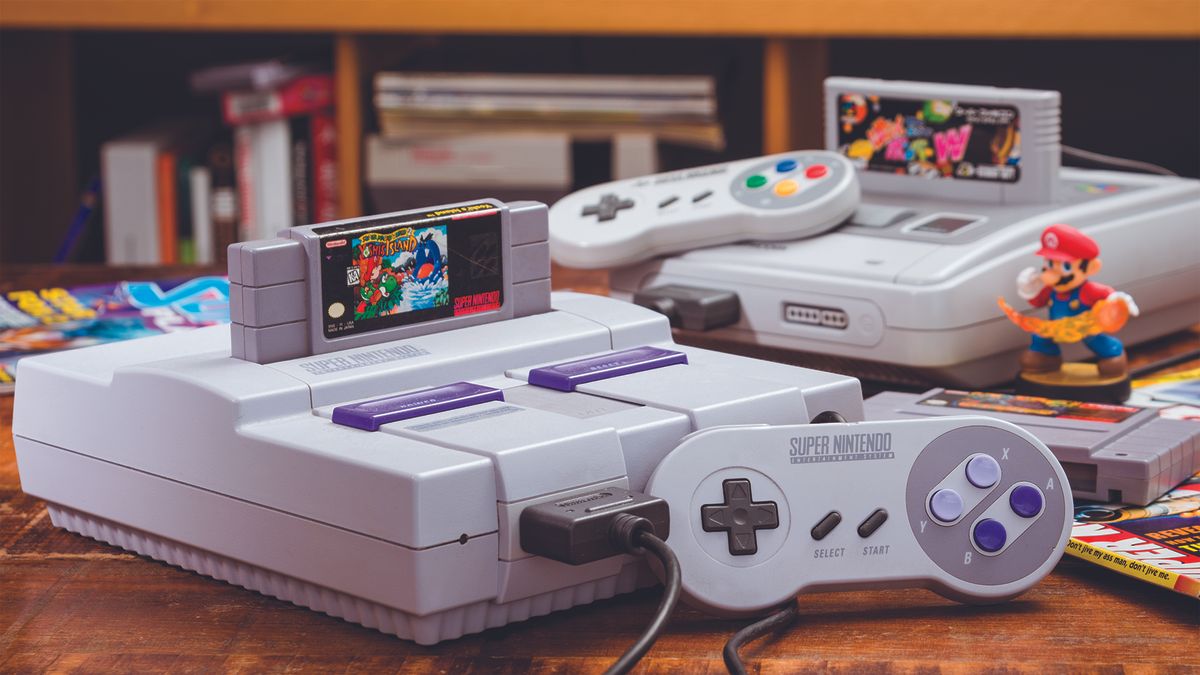- cross-posted to:
- retrogaming@lemmy.world
- games@sh.itjust.works
- gaming@beehaw.org
- cross-posted to:
- retrogaming@lemmy.world
- games@sh.itjust.works
- gaming@beehaw.org
A three-year fight to help support game preservation has come to a sad end today. The US copyright office has denied a request for a DMCA exemption that would allow libraries to remotely share digital access to preserved video games.
“For the past three years, the Video Game History Foundation has been supporting with the Software Preservation Network (SPN) on a petition to allow libraries and archives to remotely share digital access to out-of-print video games in their collections,” VGHF explains in its statement. “Under the current anti-circumvention rules in Section 1201 of the DMCA, libraries and archives are unable to break copy protection on games in order to make them remotely accessible to researchers.”
Essentially, this exemption would open up the possibility of a digital library where historians and researchers could ‘check out’ digital games that run through emulators. The VGHF argues that around 87% of all video games released in the US before 2010 are now out of print, and the only legal way to access those games now is through the occasionally exorbitant prices and often failing hardware that defines the retro gaming market.



They can dick about as much as they want, piracy will make sure to preserve the things they want gone. The reason they don’t want older games to be preserved is that new generations, whilst playing them, may come to realize that you don’t need gacha mechanics, stupid fomo, micro transactions, 6 different currencies, 3 different shop menus, 2 battlepasses and so forth to have a good game.
Imagine Beethoven refusing to release his catalog of works because people might stop listening to newer music. Gg capitalism.
“Capitalism creates innovation” - one of the best jokes out there
Removed by mod
Agreed
Removed by mod
I specifically need to not have those things. Those are the things that I’m going to games in order to avoid.